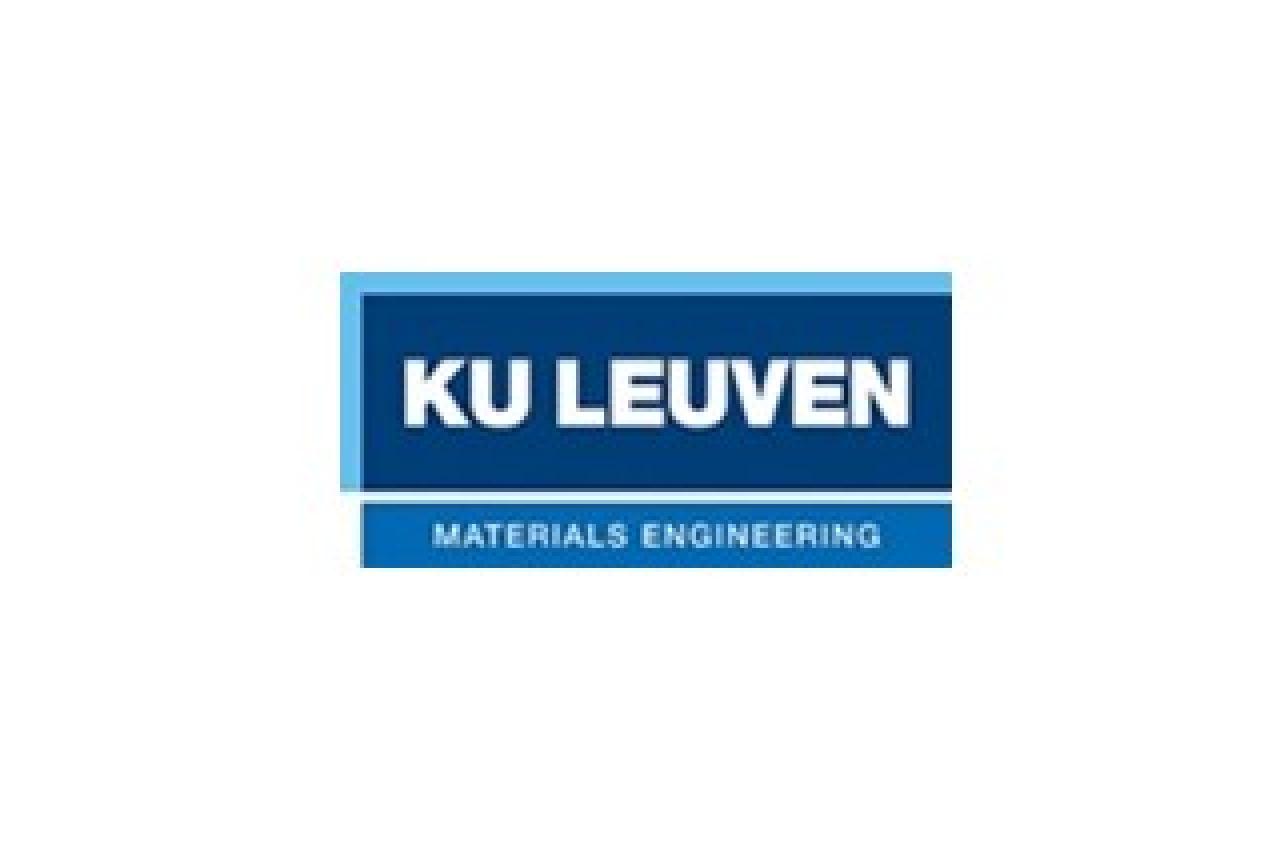P02 - Katholieke Universiteit Leuven (KU Leuven) | Belgium
Key contact person: Prof. Jozef (Jef) Vleugels

KU Leuven, founded in 1425, is an academic institution where ground-breaking research and knowledge transfer are essential and complementary. Knowledge transfer, co-operation with industry and spin-off creation is facilitated and supported by KU Leuven Research & Development (LRD), a separate entity within the University with a dedicated unit to support EU-projects (administration, contractual and legal aspects).
The Department of Materials Engineering (MTM) (https://www.mtm.kuleuven.be) of the KU Leuven is involved in several strategic fields of materials research and development, and is currently active in the field of advanced alloys and production processes, ceramics, nano-materials, high-temperature processing of liquid metals, intermetallics, polymers and composites, thermodynamics, deformation processing, materials performance and degradation, non-destructive testing, surface engineering and tribology, biomaterials, and modelling of materials and processes. Department MTM operates as one unit, with an annual budget of 12 M€ (75% obtained on a competitive base), one departmental manager and a unique scientific infrastructure. The flexible organization allows tackling scientific and industrial problems in a multidisciplinary way. MTM is also the driving force behind the Leuven Materials Research Centre (Leuven-MRC). Department MTM focuses on research in materials science, balancing fundamental and applied research under the umbrella of sustainability. MTM has a multicultural and international profile, currently representing over 30 nationalities with about 90 PhD students and 25 post-docs on a total of around 200 employees. Important values are relevance for society, continuity and trust and confidentiality in long-term-cooperation with strong industrial partners.
Within IL TROVATORE, KU Leuven/MTM will participate through the research group on advanced ceramics and powder metallurgy, coordinated by Prof. J. Vleugels. The research group has a long (~25 years) track record in participating and coordinating European projects, such as the Eucotooling, FP4 Tribograd, FP5 PM-Mach, FP5 Fast, FP5 Biograd, FP6 Moncerat, FP6 Meddelcoat and FP7 Hymacer projects.
The research group will bring into this project their know-how on the processing, sintering and characterisation of bulk MAX phase materials, as well as the hydrothermal stabilisation of bulk oxides by the addition of suitable dopants (WP1 & WP4). The research group will also contribute to WP3 – joining of SiC/SiC composites using MAX phases; WP4 – advanced characterisation of ATF clads by HRTEM/STEM; WP6 – PIE of ion/proton-irradiated ATF clads; and WP8 – PIE of neutron-irradiated ATF clads.
